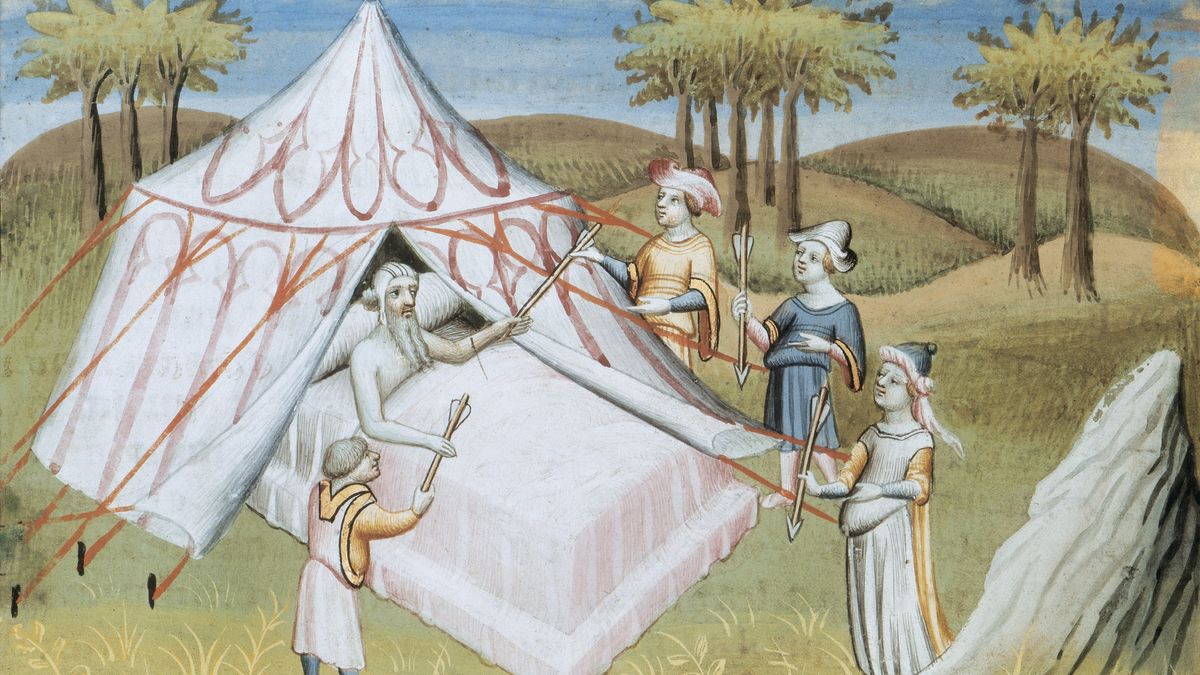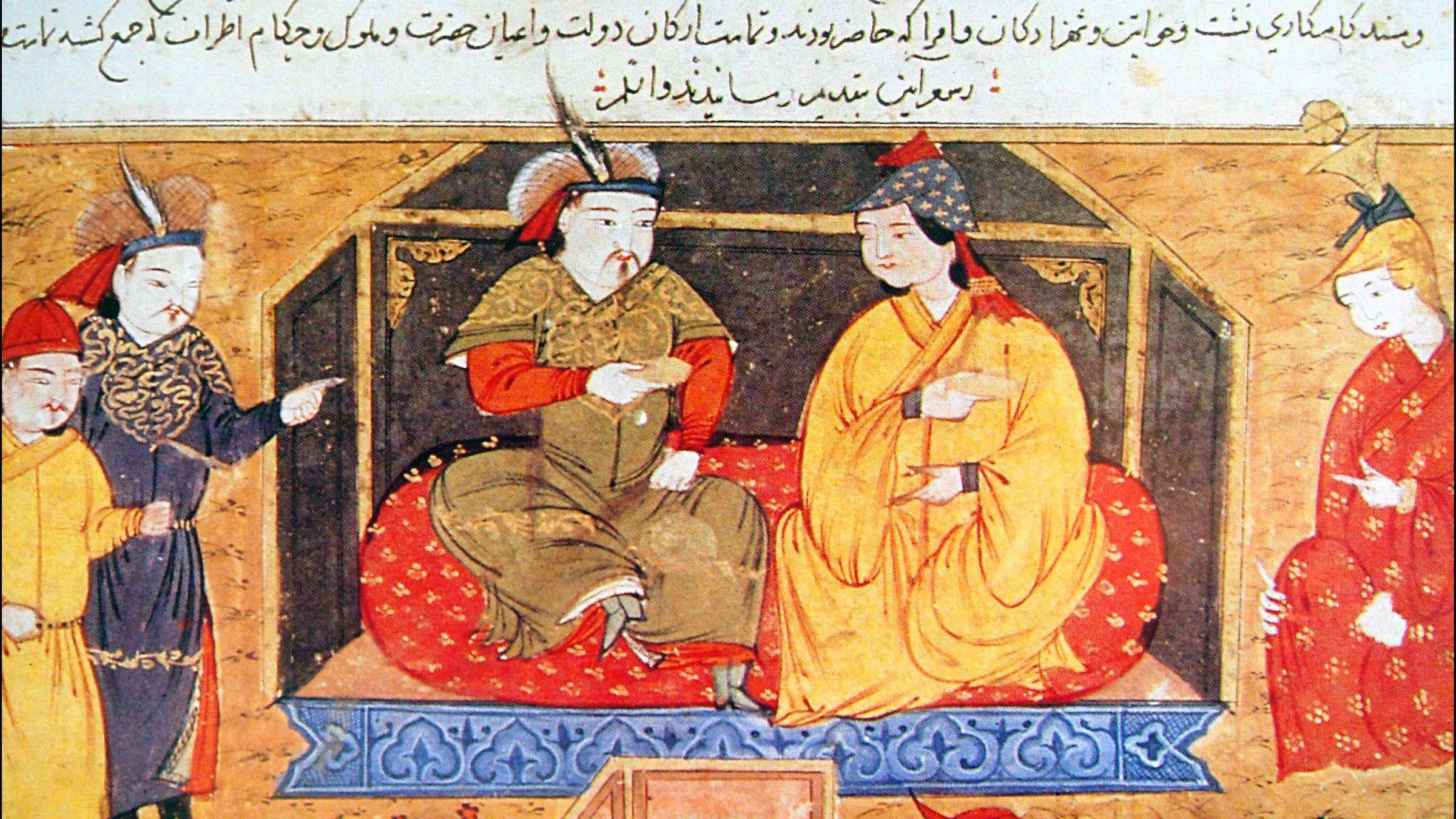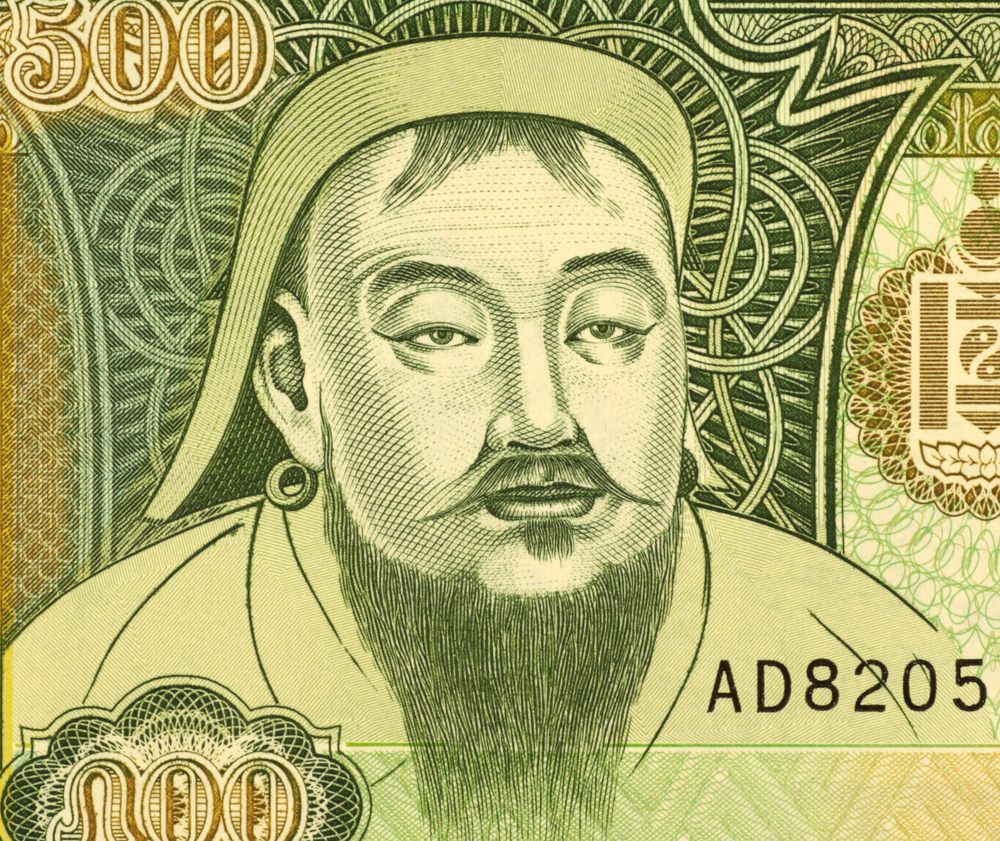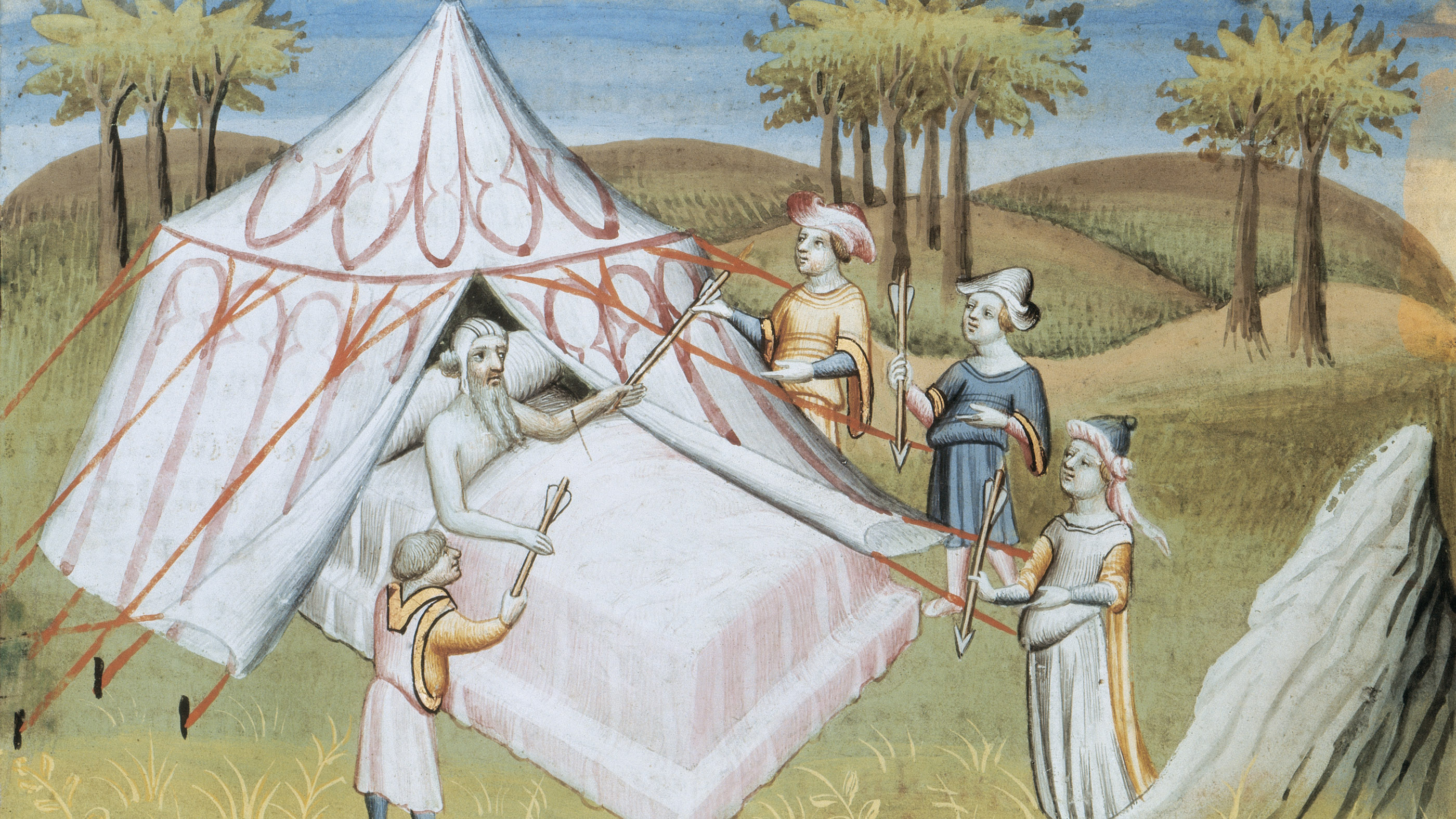
Genghis Khan
Genghis Khan, born Temüjin, was the founder and first Great Khan of the Mongol Empire, which became the largest contiguous empire in history ater his death. He came to power by uniting many of the nomadic tribes of Northeast Asia. After founding the Empire and being proclaimed Genghis Khan, he launched the Mongol invasions that conquered most of Eurasia, reaching as far west as Poland in Europe and the Levant in the Middle East. Campaigns initiated in his lifetime include those against the Qara Khitai, Khwarezmia, and the Western Xia and Jin dynasties, and raids into Medieval Georgia, the Kievan Rus', and Volga Bulgaria. These campaigns were often accompanied by large-scale massacres of the civilian populations, especially in the Western Xia and Khwarazmian-controlled lands. Because of this, he is often depicted in a negative light by historians from these areas.






